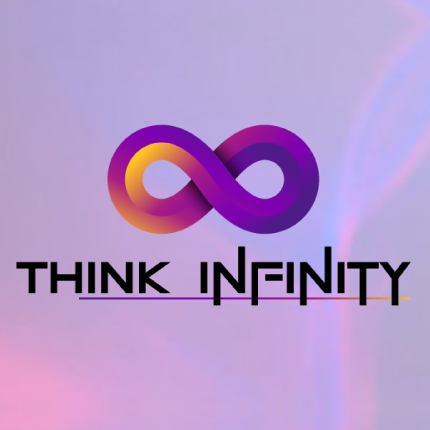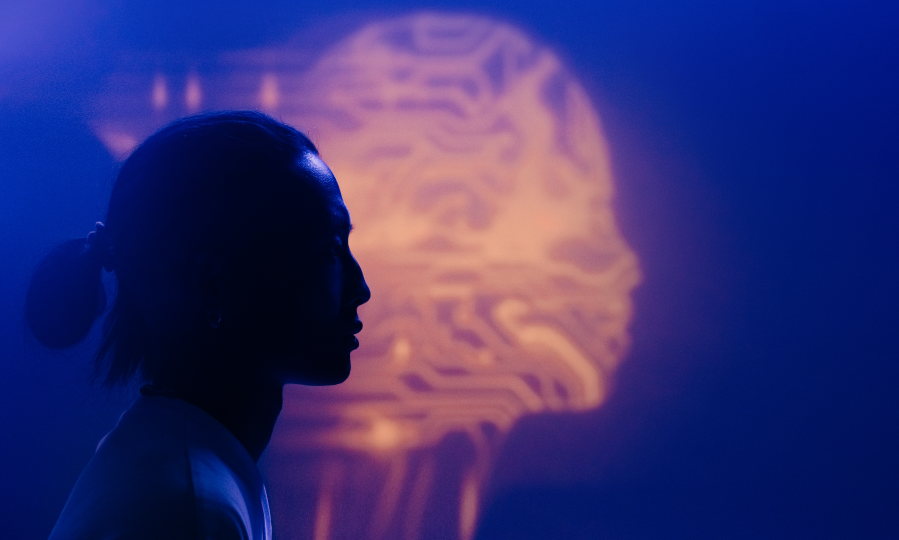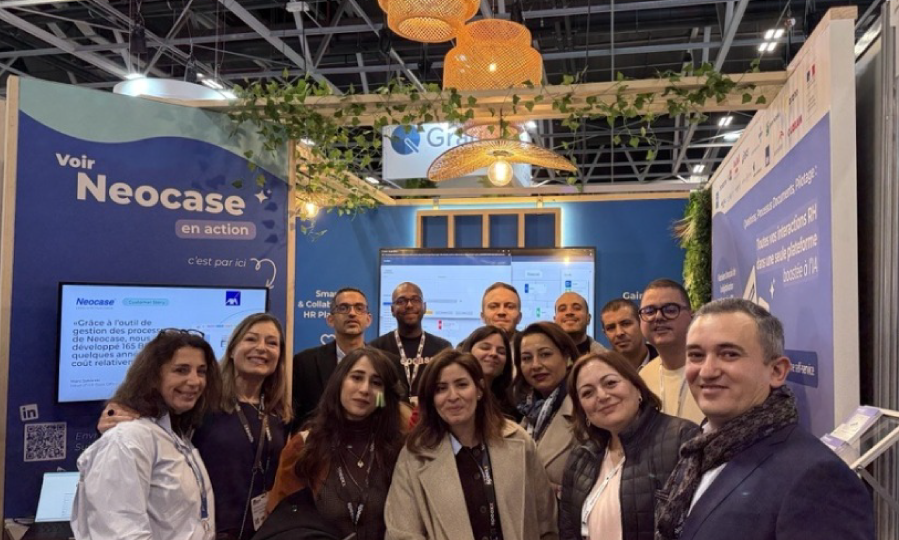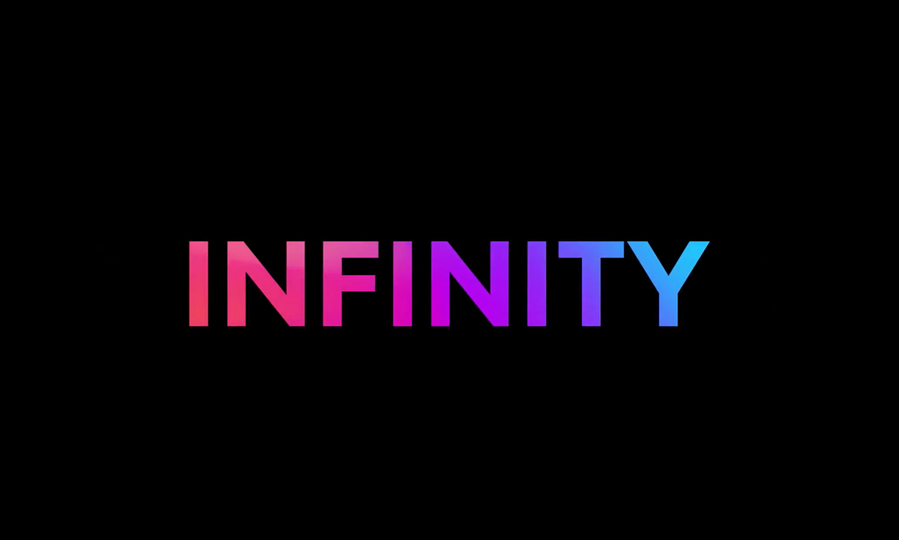HR TRENDS
HR is a pioneer in the use of Artificial Intelligence

SHARE THE ARTICLE ON

The accelerated development of AI and the large-scale use of generative AI in our daily lives are profoundly changing every aspect of our society and the way employers and employees work.
HR is an integral part of this transformation:
• In its role of supporting employees through change, it is a major player and a strategic partner for top management, by ensuring that risks and opportunities are managed and controlled.
• Like the other departments in a company,
HR is reaping the benefits of AI, by developing its practices, skills and tools.
HR plays a key role in this transformation
After an initial phase with digitalization and paperless processing (zero paper HR), followed by the widespread use of smartphones and digital HR services for employees, HR is now facing a new phase of rapid transformation with AI, particularly generative AI. We should of course be asking questions about the benefits that this new technology can bring to HR, and about the ways it can be used to really help organizations.
"AI covers much more than just HR, and yet, it is highly relevant to HR departments because it affects work methods, our relationship with work and how jobs and skills are changing."
Laurent Aufils, Chief People Officer - Orange Business
Initial feedback on AI in HR is very promising, especially in optimizing recruitment and improving the efficiency of administrative processes. There are several types of AI, each with a different level of maturity. We are currently in a period of technological development and experimentation. Despite this changing context, here are a few ideas to think about.
AI is not optional!
Artificial Intelligence is not new, but since November 2022 with ChatGPT and its generative capabilities, it has spread at an incredible speed, invading our professional, educational and personal lives. Since then, the growing maturity of AI has led to more and more changes, which some believe are now inevitable.
According to Jérémy Lamri's ‘AI and HRReport - Tomorrow Theory’, "4 professions are most likely (over 90%) to see 80% of their activities replaced due to the emergence of AI in 2025-2026: administrative assistant, payroll manager, recruiter and compensation analyst. 4 jobs have the lowest probability (40% or less) of seeing 80% of their tasks replaced due to the emergence of AI and only as 2034: HR manager, coach, work organization consultant and employee engagement/attractiveness project manager."
Some current tasks will surely be delegated to AI, others will be assisted by algorithms, and new tasks will emerge, in all areas. Jobs won't be eliminated, but they will change significantly by leveraging AI.
"HR departments can't prohibit the use of AI, which is already everywhere! They can only support this use by anticipating its consequences in work methods. Our role is to adjust current processes to delegate all time-consuming, low-value tasks to AI, so employees can focus on their core business. "
Djamila Tedjani, Director of Human Resources - Oui Care

AI is transforming HR jobs
Considering the many challenges that HR faces today, AI comes as an opportunity that will help HR professionals do their job. Initial benefits of AI include saving time and increased security, by automating repetitive, mundane tasks. With AI, we can increase the scope and quality of HR services.

HR professionals need to be trained early on
We need to get on board with understanding and using this new technology so we can master it tomorrow. Data handled by HR departments must be highly secure. The use of AI must therefore be carefully supervised by HR professionals that have been trained for this purpose, in order to understand the possibilities and risks and define the authorized uses within organizations. In addition, the HR ecosystem will gradually adopt AI, inevitably requiring that all HR professionals use it.
Understanding the security, ethical and environmental issues at stake is essential
AI offers real opportunities, but its use can present risks: reliability of information, bias, discrimination, confidentiality of personal and company data, etc.
Its benefits need to be analyzed not only in terms of cost/benefit, but also environmental impact, because AI requires a lot of resources.
Companies need to conduct in-depth reviews on how they use AI, particularly in terms of ethics and the effect of AI on the environment.
To achieve this, an awareness program should be implemented to inform HR professionals of the risks and opportunities of AI.
"We need to ensure human supervision of sensitive tasks. A search for bias, for example, could be monitored by an HR representative and the CSR manager."
Catherine Chavanier, Group Human Resources Director - CDC Habitat




